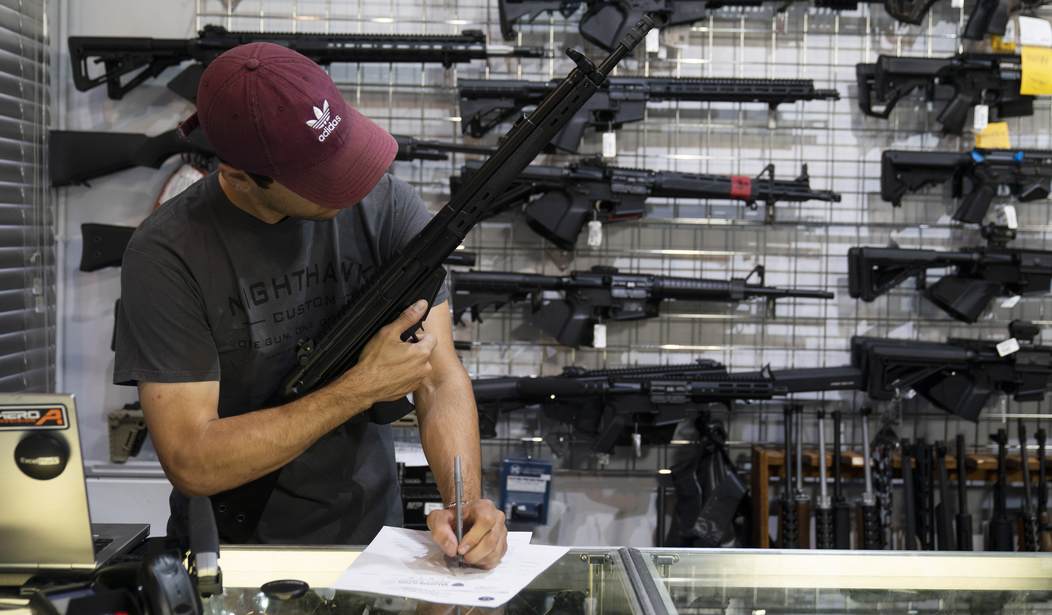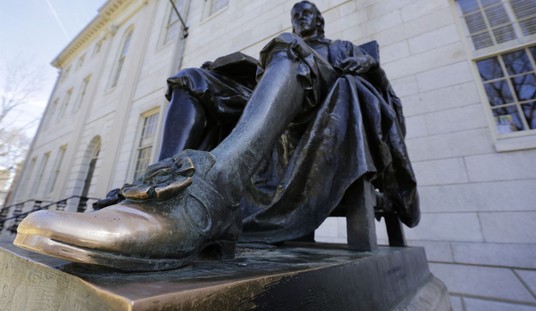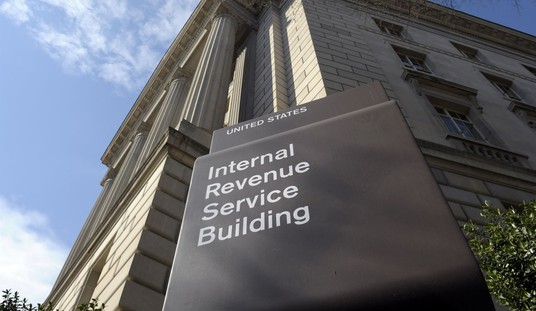The Illinois Supreme Court just showed the world how little it thinks of the right to keep and bear arms. In a 4-3 decision, it upheld the “assault weapon” ban that the state legislature passed earlier in 2023. The anti-gunner lobby might view this as a significant victory, but there are indications that their celebrations might be a bit hasty.
Gun rights organizations excoriated the court for its ruling against the Second Amendment:
In a win for the advocates of gun control, in a 4-3 decision, the Illinois Supreme Court has upheld that state’s “assault weapon” ban.
The Illinois Supreme Court has upheld the state’s ban on the sale or possession of the type of semiautomatic weapons used in hundreds of mass killings nationally.
In a 4-3 decision Friday, the high court found that the Protect Our Communities Act does not violate the federal Constitution’s guarantee of equal protection of the law nor the state constitution’s bar on special legislation.
The court also decreed that state Rep. Dan Caulkins, a Decatur Republican, and like-minded gun-owners who brought the lawsuit had earlier waived their claims that the law infringes on the Second Amendment to own firearms and could not raise it before the Supreme Court.
The Second Amendment claim is alive, however, in several federal lawsuits filed in southern Illinois, later consolidated and awaiting appeals court action.
So, in the words of the immortal Lenny Kravitz, “It Ain’t Over ‘Til It’s Over.” The U.S. Supreme Court’s ruling in New York Rifle & Pistol Association v. Bruen will probably ensure that Illinois’ ban will be overturned at some point. But what is also interesting about this ridiculous situation is that the provisions in the legislation would not even keep anyone safer anyway. RedState’s Ward Clark pointed out:
Note that none of these features have any effect on the power or lethality of a firearm. One can assemble a semi-auto rifle firing the exact same cartridge at the same power level as a banned weapon under this law, with a full-length traditional stock, no protruding grip, no flash suppressor, grenade launcher or shroud – in fact, the famous old M1 Garand rifle would appear to still be legal as it meets the criteria above and is not called out specifically.
Like most gun control legislation, this ban appears to be nothing more than a “feel-good” law intended to create the illusion that the government is trying to do something about gun violence when, in reality, they aren’t.
There is another important element in this equation, however.
Not only is there a favorable chance that this law will wind up on the chopping block, but many residents might also not even have to worry about it. Earlier in 2023, after the Illinois state legislature passed the law, almost 80 Sheriff’s Departments declared they would not enforce the law:
But close to 80 of the State’s Sheriff’s Departments, echoing the ISA’s sentiments, have signaled they are not on board with the measure and won’t be enforcing it.
Per ABCNews:
At least 74 Illinois sheriff’s departments have publicly vowed to defy elements of a recent gun-control law signed by Gov. J.B. Pritzker, which banned assault weapons, high-capacity magazines and switches. The offices have vowed to not check if weapons are registered with the state or house individuals arrested only for not complying with the law.
The Sheriffs cite varying rationales for this stance. DuPage County Sheriff James Mendrick stated:
“Therefore, as the custodian of the jail and chief law enforcement official for DuPage County, that neither myself nor my office will be checking to ensure that lawful gun owners register their weapons with the State, nor will we be arresting or housing law abiding individuals that have been charged solely with non-compliance of this Act.”
As it turns out, passing a law won’t exactly mean much if those tasked with enforcing it refuse to do so. It is one of many reasons why it is so important to focus on your local politics. Sheriffs are elected positions, which makes them more accountable to the people. Having officials who actually respect the Constitution can provide a bulwark against overreach coming from the state and federal governments.
Several sheriffs across the country did the same with COVID-19 restrictions. By refusing to enforce them, they protected the rights of the people living in their jurisdiction. Sheriff Mark Lamb in Pinal County, Arizona, is an example of how these officials can prevent higher levels of government from abusing American citizens.
What’s happening in Illinois is a first-class example of the principle of nullification. This is how local officials can protect their citizens from being subject to unconstitutional laws and statutes. If the state and federal governments don’t want to respect people’s natural rights, then local governments can work to nullify the overreach. Hopefully, other sheriffs will follow suit.













Join the conversation as a VIP Member